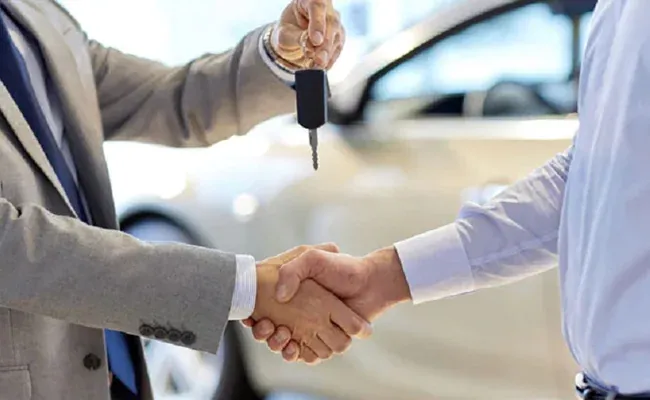Here Are 5 Things You Must Avoid When Buying A Used Vehicle

Highlights
Irrespective of our love for cars, we cannot deny the fact that they are depreciating assets. In fact, after purchase, a new car loses nearly 60 per cent of its value in the first three years. So, buying a used vehicle is always a more economical choice, both in the short term, as well as the long term. And if you are planning to get one, it is important to know what 'NOT' to do before you understand what needs to be done. So, here are five things you must avoid when buying a used car.
Also Read: Buying Pre-Owned Cars: We Tell You When The Time Is Right To Buy A Used Car
1. Do not go into it blindly. If you start looking for a car without deciding what you actually want, you might end up with one that does not match your needs. First and foremost, decide why you are buying a car and what are your needs. Do you simply want a daily driver? Or a family car? Or something for fun activities like touring or off-roading, depending on that you can either get a hatchback, a sedan, an MPV, or an SUV.
2. Do not forget to inspect the car. Not inspecting the car properly before buying is also something you must avoid at any cost. From the outside, the car might look in mint condition but it's always possible the mechanicals are not in good condition. Ask for a proper test drive of at least 5-10 km. If you know a trusted mechanic take them along and let them have a look and give you an assessment before you make the decision.

If you start looking for a car without deciding what you actually want, you might end up with one that does not match your needs
Also Read: 5 Things You Must Do After You Buy A Used Car
3. Do not forget to check the car's history and paperwork. If you are buying the car from an organised used car seller, they will usually have the records for you to verify. If you are purchasing the vehicle from an individual seller/owner, ask about the history of the car and check all documents, especially if it has had past owners. You can even check for past accident claims and records using the insurance number as that information is generally available in the public domain.
4. Do not go for the finance option if you can help it. If you are getting a pre-owned vehicle, it's always advisable to buy it by making a full payment instead of taking a loan. Of course, if that's not financially possible then try to get the least possible loan tenure. But do remember the rate of interest for used cars is higher than a new car. On average you'll probably own a used vehicle for about 4-6 years maximum before replacing it, and you don't want to spend most of that period making monthly instalments.
5. Do not pay the entire money upfront. Pay a small token amount to fix the deal but do not transfer the entire amount before you have thoroughly checked the car and the paperwork. Verify the Sellers' Credentials before making the payment, and make sure the car is not under hypothecation, especially if you are dealing with a private seller/owner. If it's a dealer, then you'll probably go through a similar process as when buying a new car.
Last Updated on July 13, 2022














